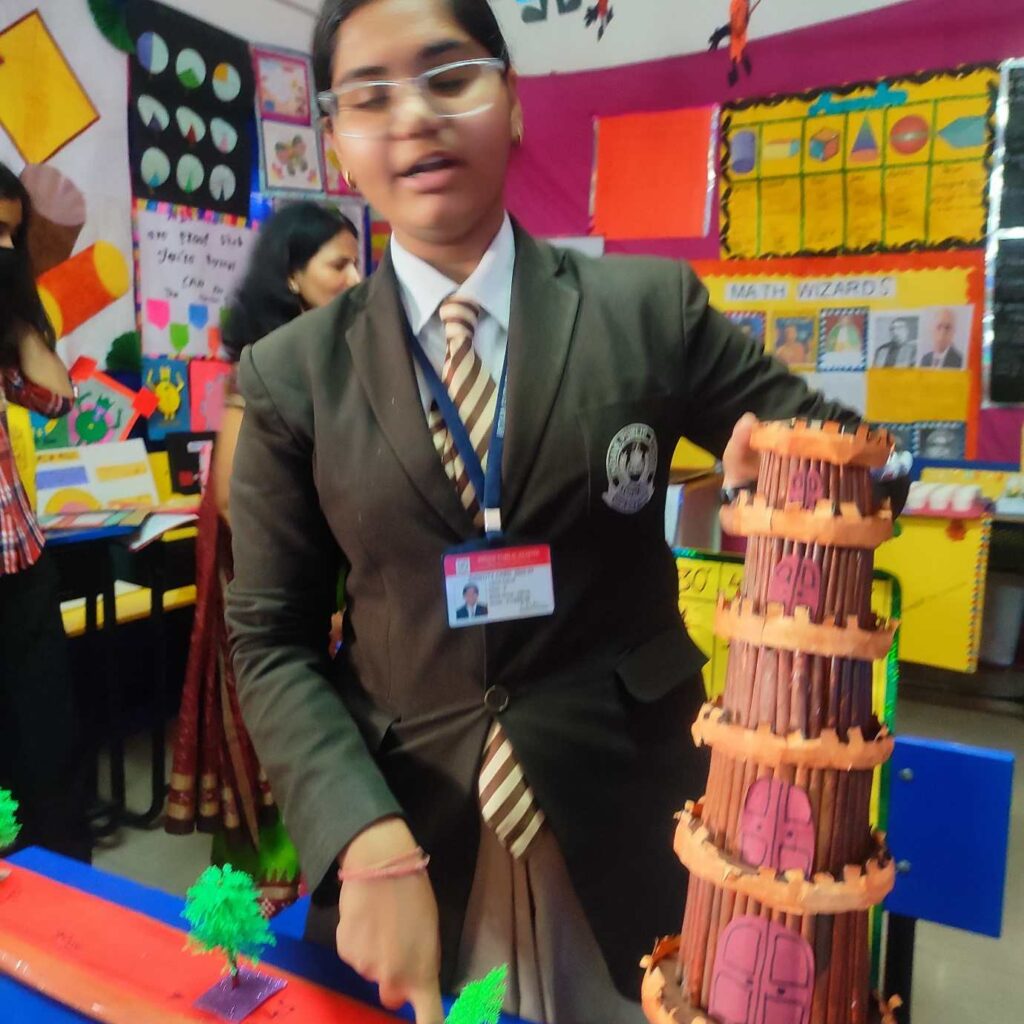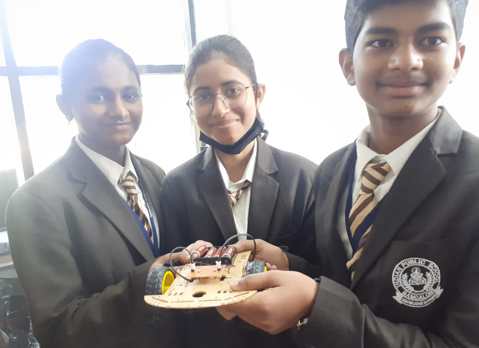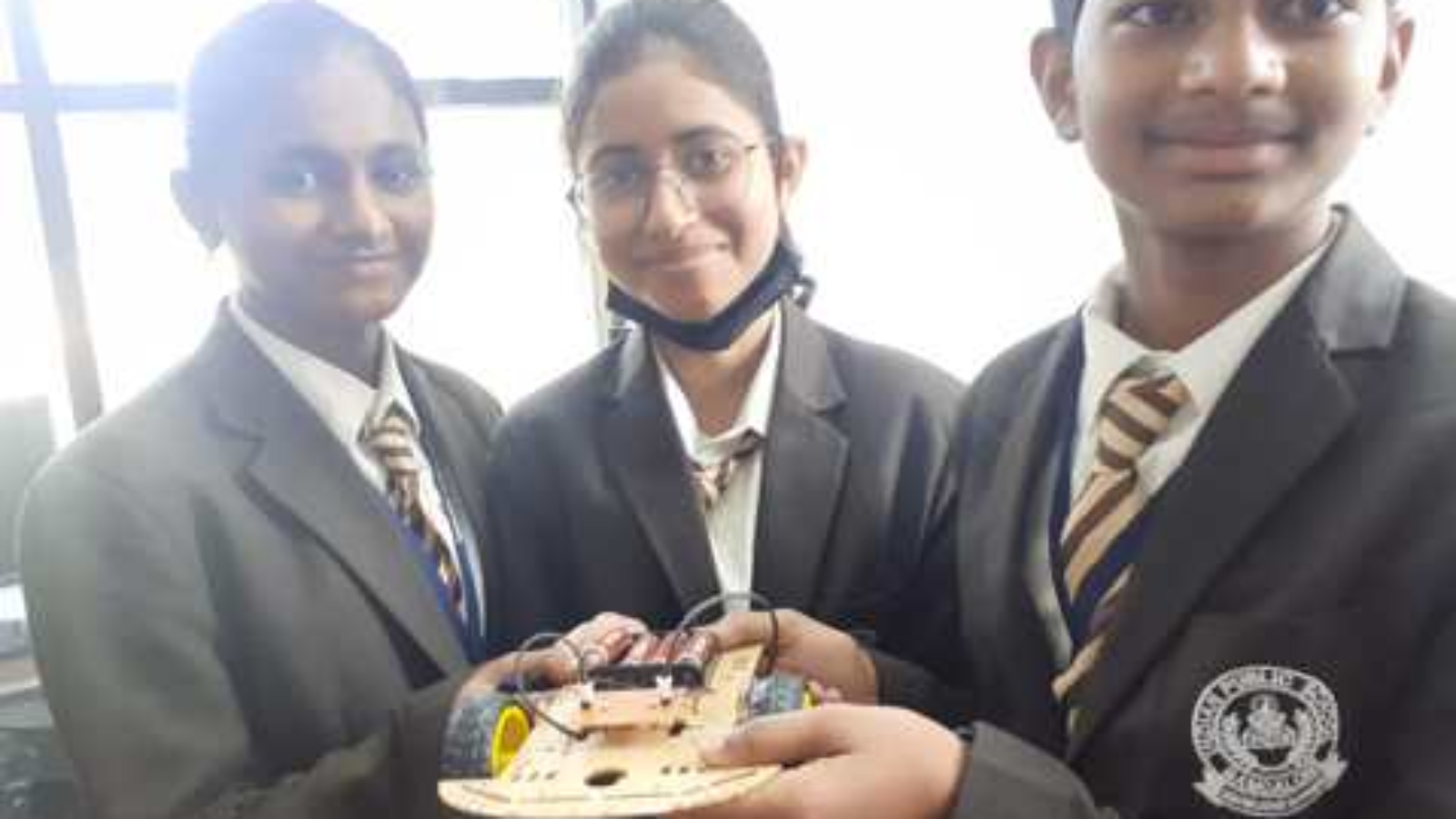


Science clubs in schools are dynamic environments where curiosity meets experimentation. These clubs provide students with a unique opportunity to delve into the wonders of science beyond the confines of the regular classroom. One of the most exciting aspects of these clubs is the chance for students to conduct hands-on science experiments, transforming theoretical knowledge into practical insights.
Igniting Curiosity Through Experiments
At our school’s Science Club, we believe that the best way to understand scientific concepts is through active participation. Our students engage in a variety of experiments that cover diverse fields such as chemistry, physics, biology, and earth sciences. By working on these experiments, students explore scientific principles in a tangible way, fostering a deeper understanding of how the world works.
Example Experiment: Chemical Reactions
One of the popular experiments conducted is the classic volcano eruption using baking soda and vinegar. This simple yet visually stunning experiment illustrates the concept of chemical reactions. Students mix baking soda with vinegar to produce carbon dioxide gas, which causes the eruption. This experiment not only captivates students but also helps them grasp the basics of chemical reactions, acids, and bases.
Building Problem-Solving Skills
Science experiments are not just about observing reactions; they also encourage students to develop critical thinking and problem-solving skills. During experiments, students are often faced with unexpected results or challenges that require them to think creatively and adapt their approach. This process of troubleshooting and refining hypotheses is a valuable learning experience that enhances their analytical skills.
Example Experiment: Plant Growth
Another experiment involves growing plants under different light conditions to study their growth patterns. Students set up multiple plant pots, each exposed to varying light intensities and colors. By measuring and recording the growth of plants, students learn about photosynthesis, light energy, and plant biology. This hands-on approach allows them to see the real-world applications of scientific theories.
Encouraging Teamwork and Collaboration
Science experiments in the club also foster teamwork. Students often work in groups to conduct experiments, which promotes collaboration and communication. They learn to share responsibilities, discuss findings, and make collective decisions. This collaborative environment not only makes the learning process more enjoyable but also helps students develop interpersonal skills that are essential in both academic and professional settings.
Example Experiment: Water Filtration
In the water filtration experiment, students design and build their own water filtration systems using materials like sand, charcoal, and gravel. They work together to test the effectiveness of their filters in purifying dirty water. This experiment highlights the importance of clean water and environmental science while reinforcing teamwork and engineering principles.
Inspiring Future Scientists
The Science Club is more than just a place for experiments; it’s a breeding ground for future scientists, engineers, and innovators. By engaging in hands-on activities, students gain practical experience and a love for science that can inspire future academic and career pursuits. They develop a sense of wonder and excitement about the natural world, which can lead to a lifelong passion for scientific inquiry.
In conclusion, the Science Club provides a stimulating environment where students can explore, experiment, and excel. Through engaging science experiments, students not only learn scientific concepts but also develop essential skills such as problem-solving, teamwork, and critical thinking. As they conduct experiments and uncover the mysteries of science, they build a solid foundation for their future endeavors and become more curious, knowledgeable individuals.


Add a Comment